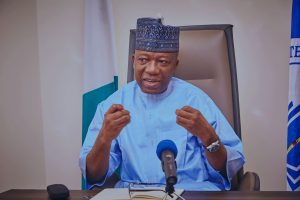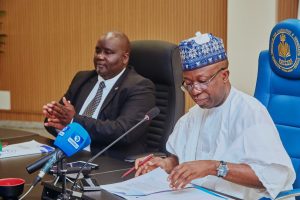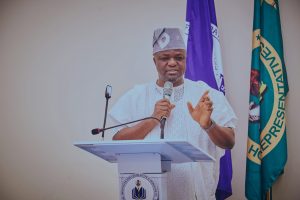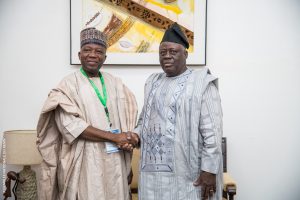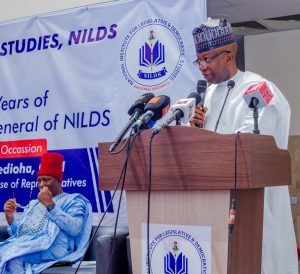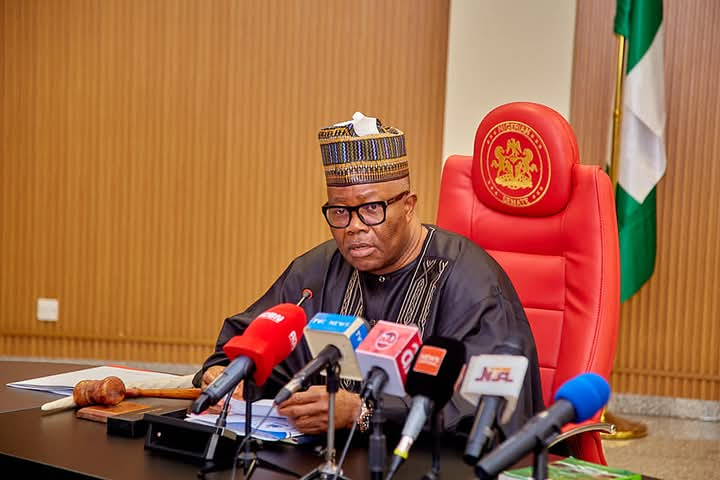
The President of the Senate, Senator Godswill Akpabio, has assured Nigerians that the National Assembly will prioritise their interests while deliberating on the tax reform bills.
Speaking in Abuja at a roundtable discussion on the four tax reform bills organised by National Institute for Legislative and Democratic Studies NILDS, Akpabio reaffirmed the legislature’s commitment to modernising Nigeria’s tax system.
He described the bills as a critical step towards achieving this goal, noting that their passage into law would promote a fairer distribution of the tax burden among Nigerians.
Senator Akpabio emphasised that the proposed reforms are designed to enhance efficiency, boost revenue generation, and pave the way for a stronger and more prosperous Nigeria.
Speaking earlier, Chairman, Presidential Committee on Fiscal Policy and Tax Reforms, Mr Taiwo Oyedele, said the priority areas of the bills include addressing poverty, focus on education, health, security and unemployment.
He explained, “We have a document we call the National Fiscal Policy that speaks to our principles and framework as a country around taxation, who should pay tax, how much should they pay, how should they pay, among other issues.
“We have another framework for spending. How should we spend our money? What should be the priority, and the quality of spending?
“For example, there are more than 15 airports in Nigeria today built by different states that should not have been built because they were not necessary.
Speaking earlier, Director General, NILDS, Prof. Abubakar O.Sulaiman said that there was an urgent need for tax reforms in the country, saying that it was long overdue.
Sulaiman explained that contrary to the fears expressed by many, the tax reforms were designed to reduce the burden of taxation of all people by the government.
The DG said that it would also make the tax system more progressive and less regressive, while simplifying the tax system by making it more accountable and understandable.
He said that the controversies surrounding the bills underscored the need for a fair and balanced tax system that mirrors the specificities of the Nigerian society.



